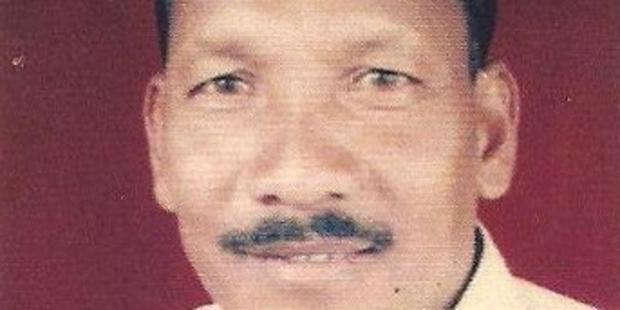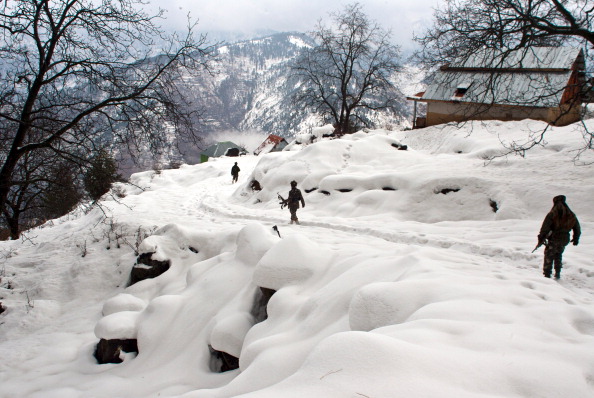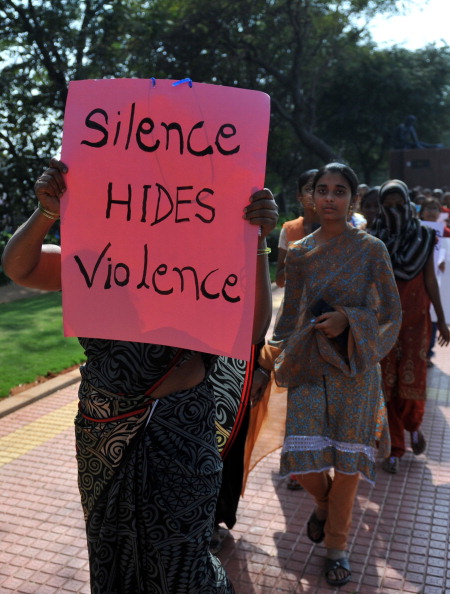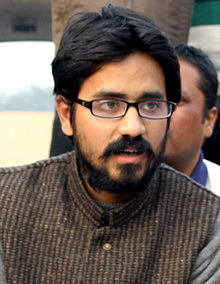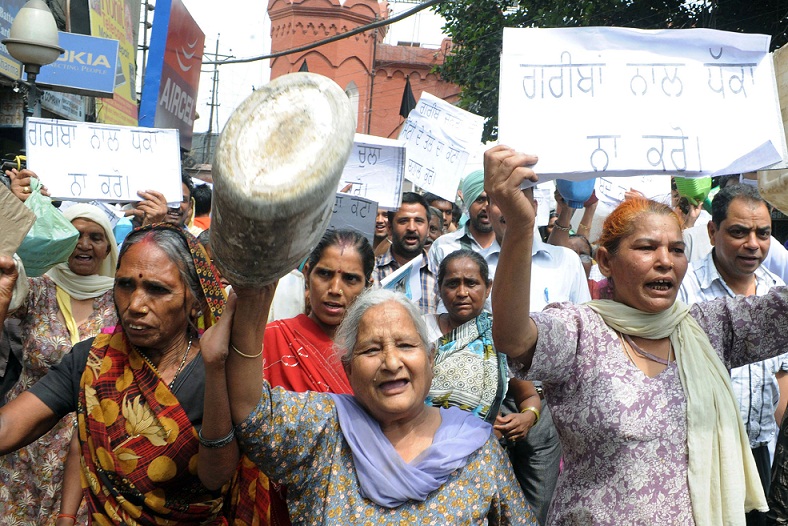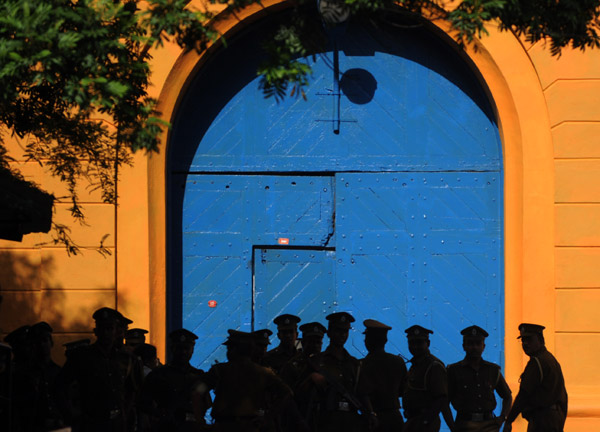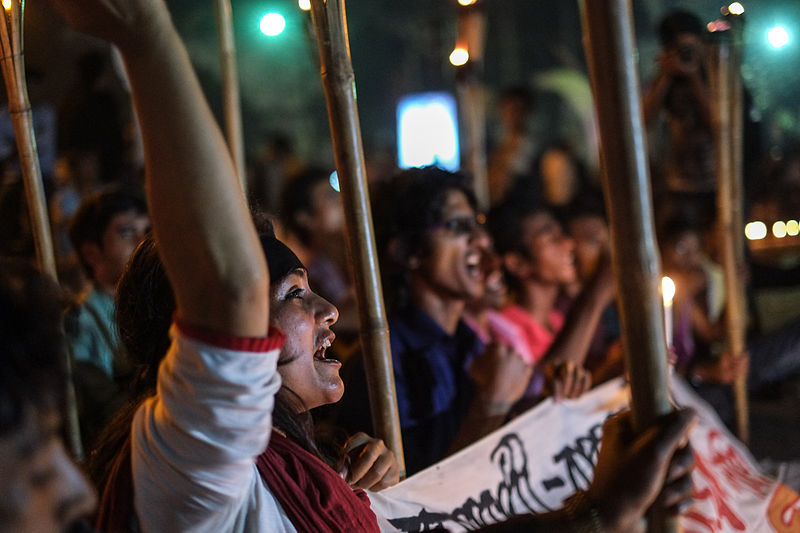
Uprising of people at Shahbag, Dhaka, Bangladesh demanding death penalty of Kader Molla and all other war criminals who are now being tried before the International Crimes Tribunal Bangladesh for the serious crimes they have committed during the Liberation War of Bangladesh in 1971 (Photo Credit: Mehdi Hasan Khan).
Since February 5, there have been a series of large protests across Bangladesh coupled with violent counter-demonstrations. The protests were in response to the sentences given to Abdul Quader Mollah, a leader of the Jamaat-e-Islami party. He received life in prison for his role in “beheading a poet, raping an 11-year old girl and shooting 344 people” during the 1971 Liberation War. The protesters are demanding that Mollah be executed for his role in the 1971 massacres. We are calling for the government to resist such pressure. Meanwhile the Jamaat-e-Islami has been implicated in acts of violence against minority religious shrines in the southern part of the country.
